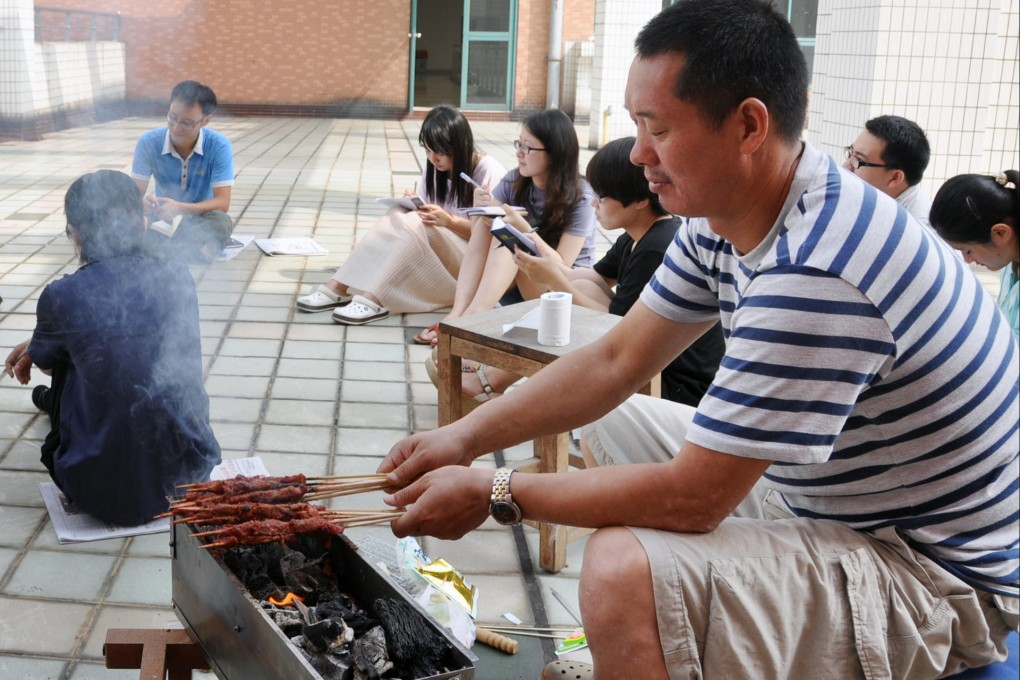Journalist and kebab maker Zhu Changzhen tackles meaty subjects
Kebab vendor became a top investigative reporter but the grill is calling him back, so he has decided to try to combine his two passions

Well-known Henan investigative reporter Zhu Changzhen , 45, used to make his living selling grilled mutton kebabs in a night market in the province's Pingdingshan city. With great admiration for journalists, he joined their ranks in 1997. Now he has decided to return to the grill, at least part-time.
I haven't quit my job. I'm still a journalist with the Dahe Daily.
Before I made the microblog post about returning to my job as a mutton kebab seller, I had already reached an agreement with farmers in Pingdingshan to rent two hills to raise sheep. I recently revisited them and paid the money. That's all I have prepared so far.
Some friends have suggested sponsoring some of my sheep, and I am considering this. They could name their own sheep, visit them when they like and track their conditions by asking for photos if they can't visit. [This would also help promote the fact that the mutton he uses is fresh and its origin could be tracked.]